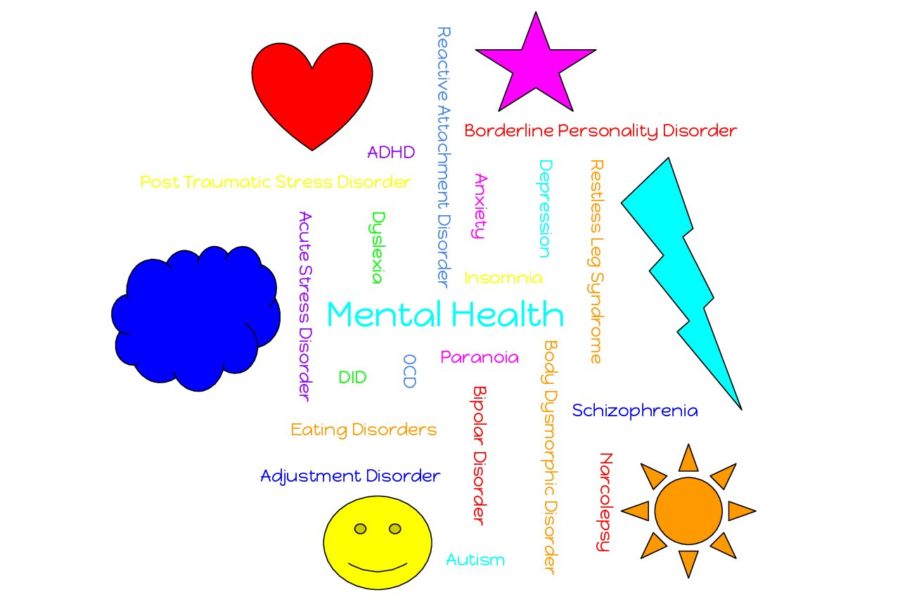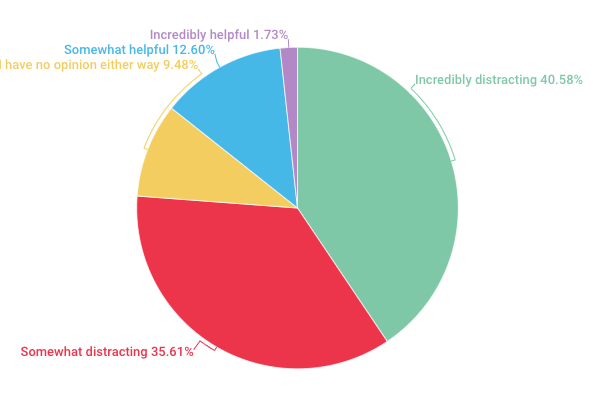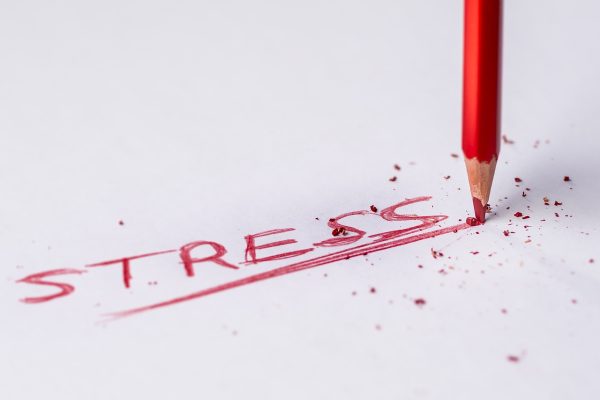Mental Health is a Bigger Issue Than You Might Think
November 29, 2022
Mental health is something that is as important, or more important than, physical health. It controls your emotional, social, psychological welfare, and in some cases your physical health. A person’s mental health affects every part of their day. It controls how you handle things like stress and making decisions.
As you know, high school students experience a significant amount of stress from school work and finding time to do sports or other activities.
The National Alliance on Mental Illness (NAMI) says that one in five people suffer from a mental illness. That means every fifth person you pass in the halls or at the store, struggle with a mental illness.
Every 11 minutes, one person commits suicide. Forty-five percent of people with a diagnosable mental illness do not seek help. That means that about every tenth person in your classes are currently not seeking help for their mental illness.
Seventeen percent of phone calls to seek help are successful. Imagine spending hours on the phone just trying to get help. Getting help should not be that hard but yet that is the hard reality.
The American Addiction Society reports that the U.S. has a shortage of over 10,000 qualified professionals. The average wait time for getting into therapy is six weeks, that is after you spend hours upon hours trying to find a therapist who is not fully booked or takes your insurance according to Psychology.org.
Professional help is 100% worth the effort, though, so if you are hesitant, all it takes is a simple call to your primary care provider to find out if it is right for you.
There is a high chance that someone you know struggles with mental illness. Even though you can’t solve their issues, there are some things that you can do to help them. One of the most important things you can do is listen to their struggles and concentrate on their needs at that exact moment.
NAMI reports that anxiety, depression, post-traumatic stress disorder, and bipolar disorder are the most common mental illnesses in the United States.
These illnesses have major effects on a person’s everyday life such as making decisions they wouldn’t normally make. For example, a straight A student may start letting their grades slip not because they want them to be bad but because they are struggling so much.
Possible outcomes for some people are substance abuse or unemployment. In addition, depression has one of the highest rates of disability. That means that more people are forced to learn how to live with depression than most other disabilities.
Many people have trouble talking about mental health struggles. But one of the most crucial parts of improving a person’s daily life who is struggling with a mental illness is talking with them and listening to their personal experiences and struggles.
Be a good friend and have a nice peer to peer chat with them. It seems so simple but really benefits the other person. Wouldn’t you want to go to bed knowing that you helped someone?
Just because someone has worse issues, that does not mean that a different person’s issues are not valid or do not matter. That is something that a vast majority of people don’t understand.
There are many ways to get help, which can be overwhelming at times, but there are some resources that make things slightly easier. One way is to schedule an appointment with your counselor and see what they think would be the most beneficial for you. The AHS counseling website has some helpful information such as how to better manage stress. The district website has things from tools to manage anxiety to how to get the right help you need.
Just know, you are not alone and you can do it.












